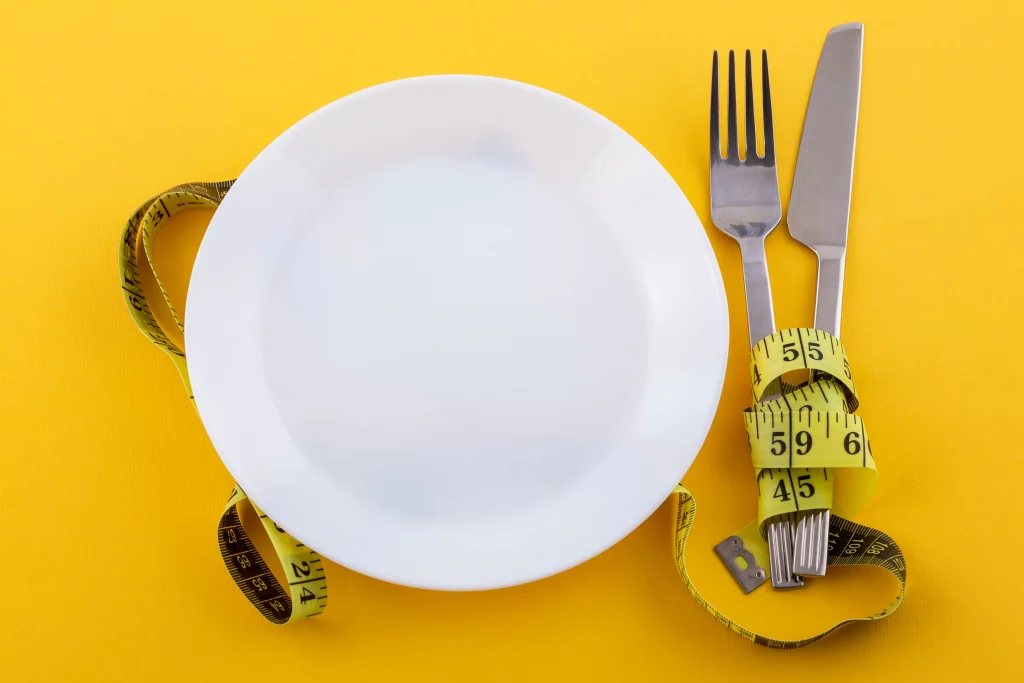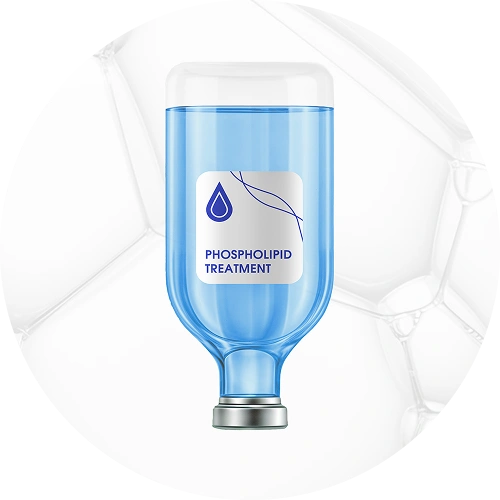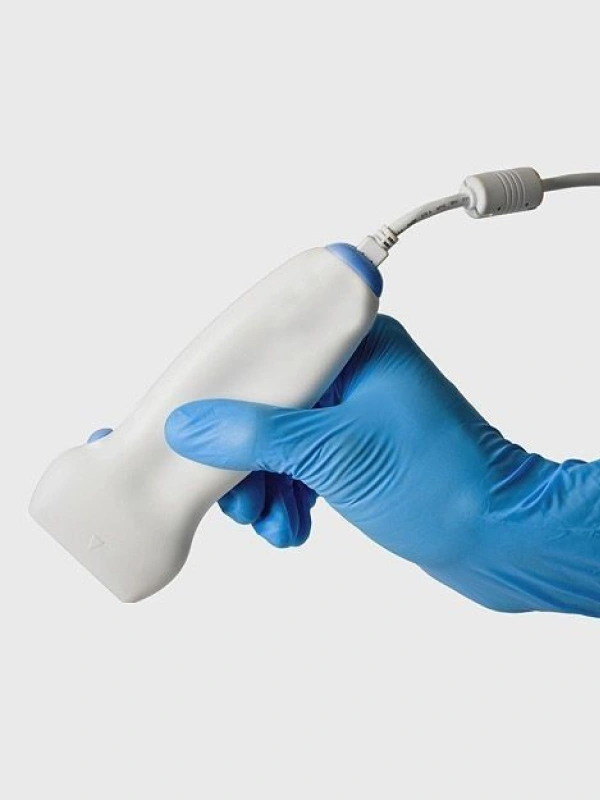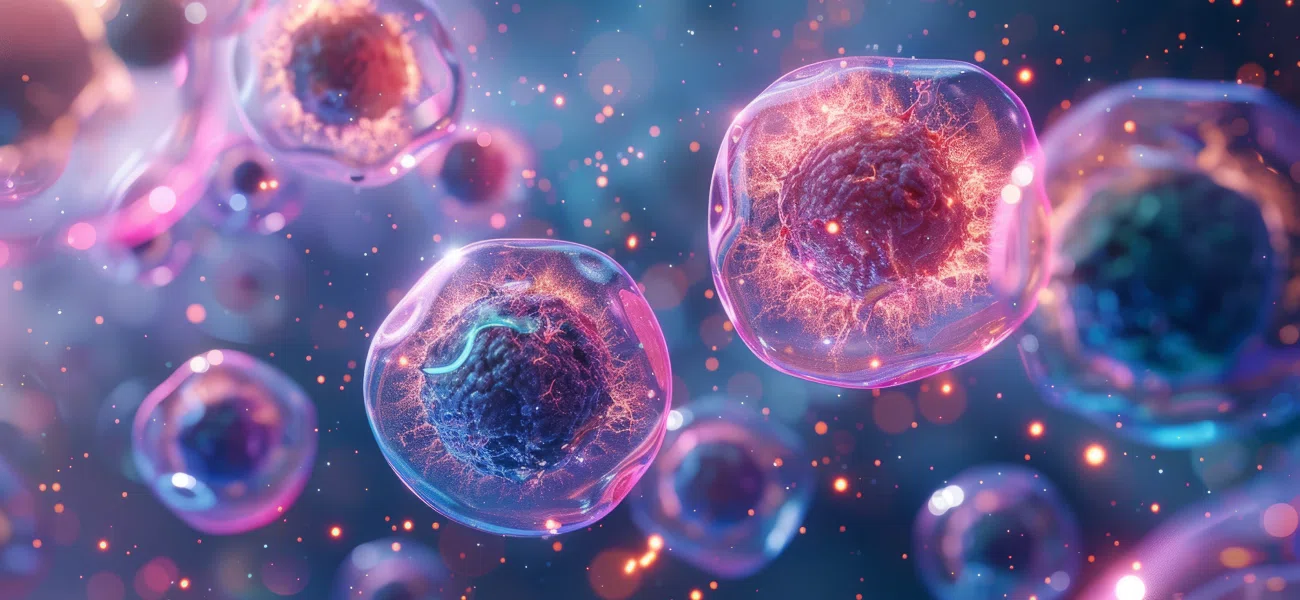Dubai
English
Request a call
Is it possible to fast and for how long

Fasting is a popular method for improving health and reducing weight, but its safety and effectiveness depend on many factors, especially when it comes to patients with chronic diseases. People who have undergone gallbladder removal and suffer from chronic pancreatitis should be especially cautious when choosing methods of maintaining health. Is it possible to fast if there is no gallbladder, when the pancreas is inflamed, or if insulin resistance has been diagnosed? It is important to understand that consuming a minimal amount of food has different effects on the body depending on its current condition and the presence of chronic diseases. To achieve a positive result without harming health, it is necessary to consult a doctor beforehand.

Is it possible to fast after gallbladder removal without harming the body
After cholecystectomy, the patient must understand that it is time to adapt to new living conditions. After the surgery, bile flows directly from the liver into the intestine, which requires developing a careful dietary regimen and following time-tested nutritional methods. Why the answer to the question: “Is it possible to fast without a gallbladder?” – is negative:- Without this organ, bile is secreted constantly, regardless of food intake. During fasting it can accumulate in the ducts, increasing the risk of irritation and causing symptoms such as heartburn, diarrhea, or nausea.
- Bile stasis in the ducts can lead to the formation of stones or the development of cholangitis.
- The body needs a constant supply of small amounts of food so that bile can be used effectively. Prolonged absence of food provokes problems with digestion during subsequent meals.
- For a person without a gallbladder, a balanced diet is essential. Fasting leads to a deficiency of important nutrients necessary for the body’s recovery and for maintaining overall health.
- Is it possible to fast after gallbladder removal? The surgery itself is already a stress. Minimal food intake may worsen this condition, slow down recovery, and provoke such factors as weakness, dizziness, and reduced immunity.

Is it possible to fast with chronic pancreatitis – what is important to know
Prolonged fasting (more than a few days) is not recommended for patients with chronic pancreatitis, as nutrient deficiency provokes deterioration of health. This diagnosis requires a balanced diet with low protein content and insufficient fat. Is it possible to fast for several days with pancreatitis? The decision is not recommended for the following reasons:- Nutrient deficiency. Prolonged lack of food creates a deficiency of proteins, vitamins, and minerals in the body, which negatively affects overall health.
- Impaired organ function. Minimal intake of nutrients often leads to dysfunction of the pancreas and worsening of disease symptoms.
- Metabolic disorders. Prolonged absence of food with pancreatitis causes metabolic imbalance and negative effects on other organs.

Recommendations for nutrition in this case:
- Fractionality. Eat small portions 5–6 times a day. This helps avoid overloading the pancreas.
- Balance. The patient’s diet should include proteins (lean meat, eggs), complex carbohydrates (vegetables, grains), and healthy fats (olive oil, used without harm to health).
- Exclusion of products that worsen the condition. Fatty, fried, and spicy foods, as well as products with high sugar content, should not be consumed.
- All dietary changes should be discussed with a doctor or dietitian to prevent negative consequences.

Is it possible to fast with insulin resistance
Fasting with this diagnosis can be risky and requires careful analysis before making a decision. Insulin resistance is a condition in which the body’s cells lose sensitivity to insulin, leading to elevated blood sugar levels. Is it possible to fast with insulin resistance – what to consider:- In the absence of food, the body begins to use fat reserves for energy, which leads to an increase in ketone levels and can destabilize blood sugar levels. As a result, overall health worsens and dangerous consequences may arise.
- There are several approaches, such as intermittent fasting, where periods of fasting alternate with food intake. It is believed that this may improve insulin sensitivity.
- It is important not to use strict methods such as “water fasting.” Instead of extreme approaches, it is better to consider a balanced diet rich in fiber, protein, and healthy fats. This helps maintain stable blood sugar levels and reduce the risks associated with insulin resistance.

Fill out the form to book your consultation.
Your personal manager will contact you within 10 minutes and arrange a convenient time for your visit.














